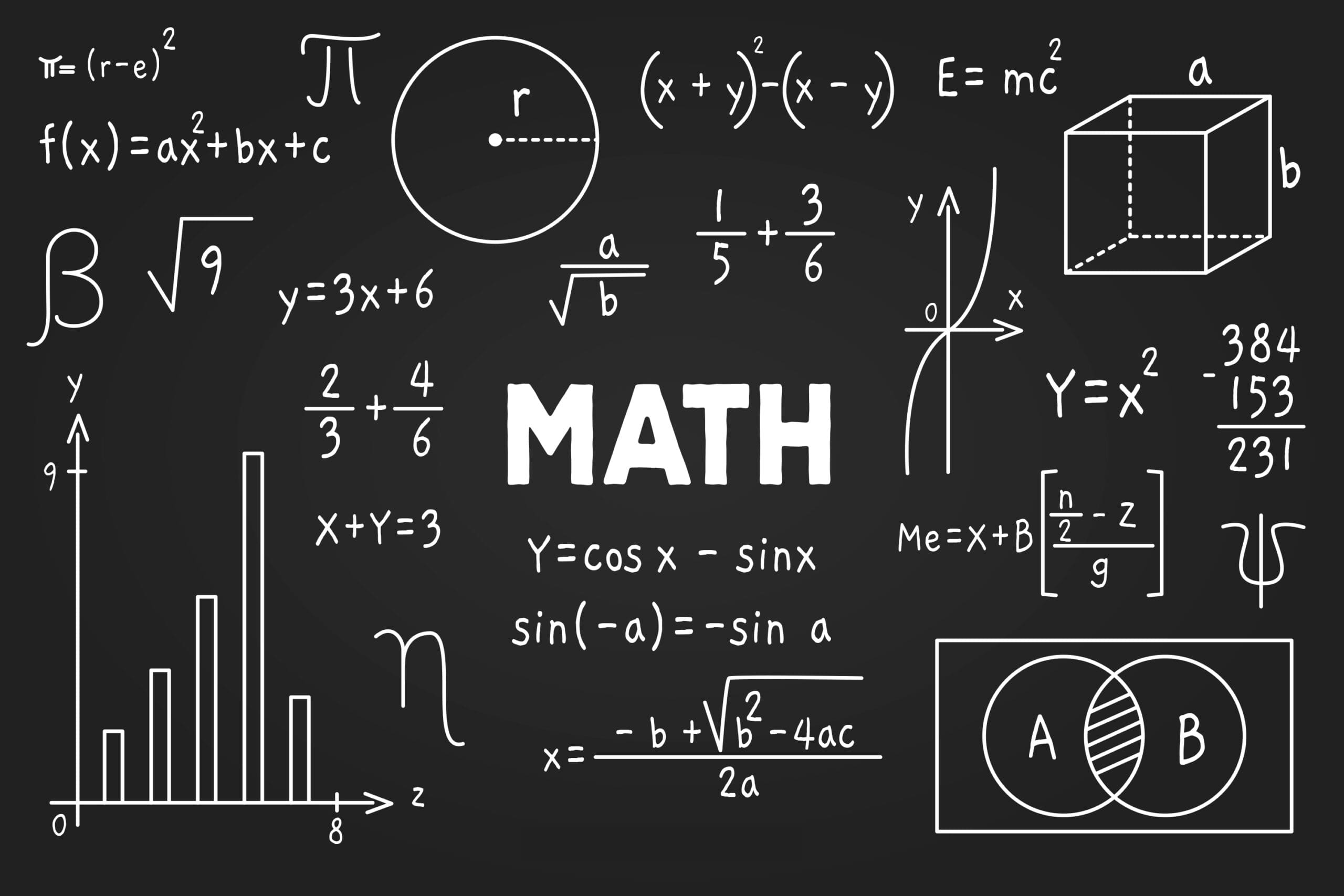Mathematics for Machine Learning: The Free eBook
Check out this free ebook covering the fundamentals of mathematics for machine learning, as well as its companion website of exercises and Jupyter notebooks.

Image by Freepik
It's no secret that mathematics is the foundation of machine learning, and is vital to your understanding of the underpinnings of the field. In order to succeed as a machine learning practitioner, knowledge of the applicable mathematical foundations are absolutely necessary. Where can you turn to brush up on your machine learning maths, or strengthen your understanding by extending that base?
Mathematics for Machine Learning is a book by Marc Peter Deisenroth, A Aldo Faisal, and Cheng Soon Ong, with the goal of motivating people to learn mathematical concepts, and which is published by Cambridge University Press. According to the authors, the goal of the text is to provide the necessary mathematical skills to subsequently read books on more advanced machine learning topics.
Directly from the pages of the book:
While machine learning has seen many success stories, and software is readily available to design and train rich and flexible machine learning systems, we believe that the mathematical foundations of machine learning are important in order to understand fundamental principles upon which more complicated machine learning systems are built. Understanding these principles can facilitate creating new machine learning solutions, understanding and debugging existing approaches, and learning about the inherent assumptions and limitations of the methodologies we are working with.
Mathematics for Machine Learning is split into two parts:
- Mathematical foundations
- Example machine learning algorithms that use the mathematical foundations
The table of contents breaks down as follows:
Part I: Mathematical Foundations
- Introduction and Motivation
- Linear Algebra
- Analytic Geometry
- Matrix Decompositions
- Vector Calculus
- Probability and Distribution
- Continuous Optimization
Part II: Central Machine Learning Problems
- When Models Meet Data
- Linear Regression
- Dimensionality Reduction with Principal Component Analysis
- Density Estimation with Gaussian Mixture Models
- Classification with Support Vector Machines
As is apparent, the first part of the book covers pure mathematical concepts, without getting into machine learning at all. The second part turns its attention to applying these newfound maths skills to machine learning problems. Depending on your desires, you could take either a top-down or bottom-up approach to leanring both machine learning and its underlying maths, or pick one part the other on which to focus.
You can download a PDF of the book here. The book has been published and a physical copy can be purchased, yet the authors will continue to also provide a freely downloadable PDF of the book.
The aim is to provide a short, concise book, which is then augmented by exercises and Jupyter notebooks. To find out more, you can find the companion website here.
Concerned whether or not the book is worth your time? Don't take my word for it; check out what these heavy-hitters have to say:
This book provides great coverage of all the basic mathematical concepts for machine learning. I’m looking forward to sharing it with students, colleagues, and anyone interested in building a solid understanding of the fundamentals."
—Joelle Pineau, McGill University and Facebook
"The field of machine learning has grown dramatically in recent years, with an increasingly impressive spectrum of successful applications. This comprehensive text covers the key mathematical concepts that underpin modern machine learning, with a focus on linear algebra, calculus, and probability theory. It will prove valuable both as a tutorial for newcomers to the field, and as a reference text for machine learning researchers and engineers."—Christopher Bishop, Microsoft Research Cambridge
"This book provides a beautiful exposition of the mathematics underpinning modern machine learning. Highly recommended for anyone wanting a one-stop shop to acquire a deep understanding of machine learning foundations."—Pieter Abbeel, University of California, Berkeley
I hope you find the book to be as useful as others have.
Matthew Mayo (@mattmayo13) is a Data Scientist and the Editor-in-Chief of KDnuggets, the seminal online Data Science and Machine Learning resource. His interests lie in natural language processing, algorithm design and optimization, unsupervised learning, neural networks, and automated approaches to machine learning. Matthew holds a Master's degree in computer science and a graduate diploma in data mining. He can be reached at editor1 at kdnuggets[dot]com.


